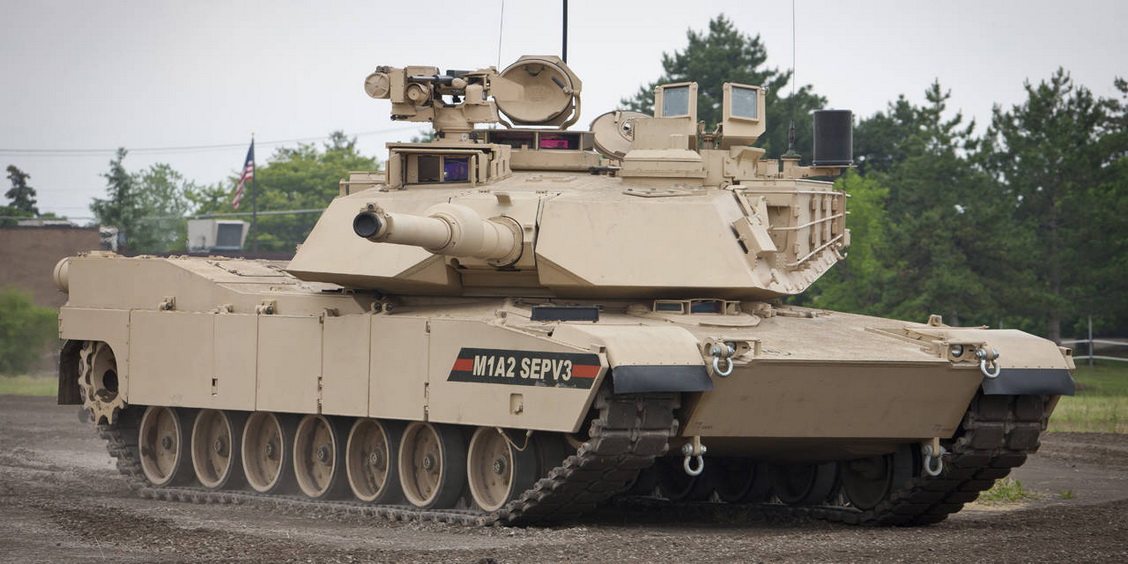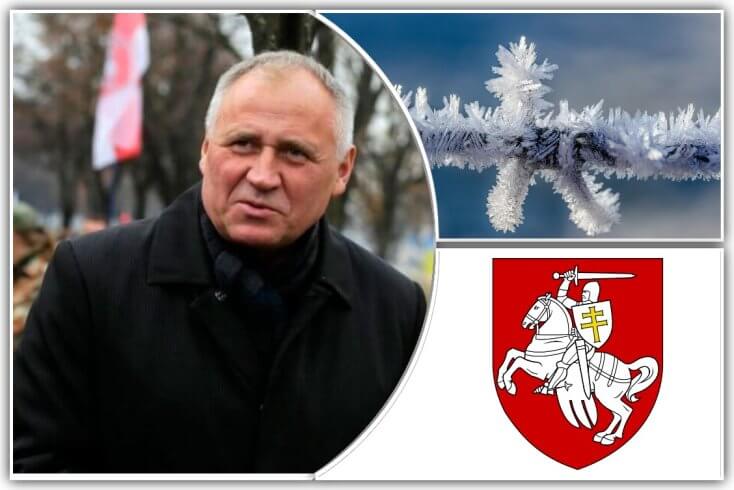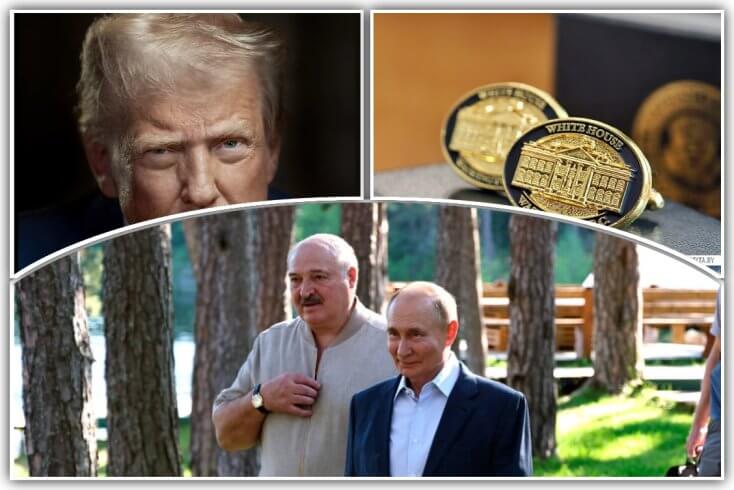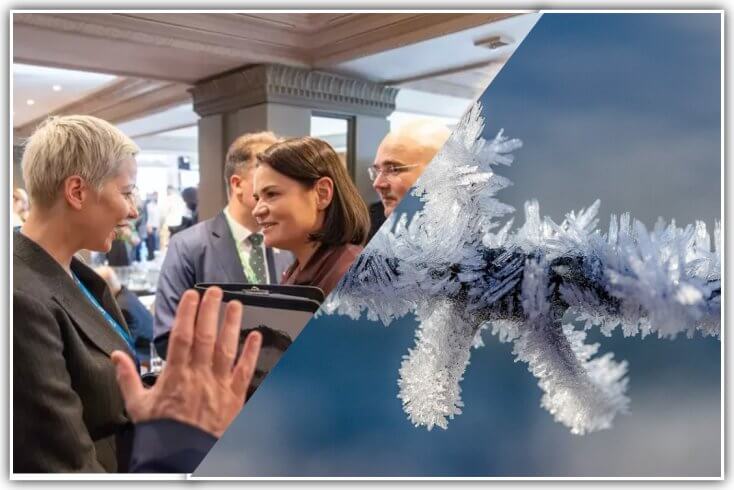
The “Path to Freedom” conference held in Kyiv on November 29 and 30 failed to rally pro-democracy forces round a campaign to devise a strategy for Belarus’ liberation. The event exposed significant differences between the Kastuś Kalinoŭski Regiment (KKR), which hosted the event, and the team of Śviatłana Cichanoŭskaja.
Delegates from Cichanoŭskaja’s Office and United Transitional Cabinet, were not authorized to sign the final documents.
The main papers – the Memorandum and the Appeal to the Free Peoples of the World – are open for signature, and so Cichanoŭskaja can still sign them.
The hardest part is coalescence. BelPol and ByPol, the two associations of former Belarusian law enforcement officers at odds with each other, have signed the papers, but this is unlikely to reconcile them.
Coalescence or competition?
Pavieł Kuchta, of the KKR, announced the regiment’s plan to hold the Kyiv conference in August during the New Belarus – 2023 conference organized by Cichanoŭskaja’s team in Warsaw. Kuchta criticized opposition groups based in Vilnius and Warsaw, noting that “passive waiting abroad is fruitless; this is the approach of opportunists, not the saviors of the country.”
The KKR recognizes Cichanoŭskaja as Belarus’ top diplomat, hoping to back up its political ambitions with the legitimacy of the former presidential candidate who was supported by millions of Belarusians in the 2020 election.
Despite the calls for coalescence, people behind the KKR indicated that they are not going to pull the chestnuts out of the fire for someone else and let Cichanoŭskaja skim off the cream in Brussels and Washington.
Clearly, the KKR seeks greater political influence in the opposition alliance. Its website says that “Ukraine can become the center of consolidation of national-democratic forces and their reliable ally, a platform for accumulation of resources aimed at bringing about change in Belarus.”
Predictably, the opposition headquarters in Vilnius and Warsaw have other ideas about who should manage the resources. So, in spite of all the pompous statements, there is a conflict of interest.
KKR being part of Ukrainian army is a problem
The KKR, consisting of Belarusian volunteers, is a unit of the Armed Forces of Ukraine subordinated to its Main Intelligence Directorate. Its head, Kyrylo Budanov, recently angered Łukašenka’s opponents by praising the Belarusian strongman, who, for his turn, trumpeted Minsk’s contacts with Ukrainian intelligence.
It is obvious that Kyiv’s interest looms large in the KKR’s plans. Its soldiers are certainly patriots of Belarus, but whether a Ukrainian unit can be a player in Belarusian politics is a question in itself. Moreover, can it rally Belarusian pro-democracy forces?
Observers note that many actors are using the KKR image for their political ends, calling others empty talkers and imitators.
KKR fighters drew parallels with the Irish Republican Army (IRA), which has a political wing, the Sinn Féin party. However, this is a far-fetched comparison. First, the IRA has stopped fighting. Second, you cannot be an IRA fighter on the even days and wear a suit and sit in parliament on the odd days. Politicians do not brandish machine guns or explosives. Arguably, it has never happened in history that a regiment, a squadron or a division became a political movement.
Instead, the KKR should draw the line between politics and military activities and set up its own analogue of Sinn Féin with a clear program. Meanwhile, even some pro-opposition Belarusians view the KKR as a dark horse, fearing that they might end up with a military junta. The regiment’s speakers strongly deny any suspicions, but in politics you must constantly prove your innocence.
Strategies cannot be written on the fly
A liberation strategy is to be developed on a consultative platform, while the memorandum only declares the intention to create it. Statements coming out of the KKR lack details of the substance on the process.
It is not clear whether the platform will be established, and if so, who will participate and how effective it will be.
The old Belarusian opposition has been routinely accused of being unable or unwilling to unite. Time and again it held conferences to launch coordination bodies and coalitions, which collapsed after a while.
Analysts say that this is characteristic of transition. When there are no real opportunities to overthrow the regime, much of the opposition’s energy is spent on infighting and competition for resources. The Belarusian opposition is not unique in this respect and is facing similar challenges.
There is still no talk of a coalition, and the consultation platform is really just a discussion club.
The two main centers of the Belarusian opposition – one in Vilnius and Warsaw and the other in Kyiv – put out similar messages but have diverging interests. Each has stature, reputation and resources, and they seem unwilling to share their assets.
Kyiv’s interests
The main question is how, under what conditions, and at what cost can Belarus be freed from dictatorship?
Vadzim Kabančuk, one of the most prominent KKR speakers, addressed the Belarusians, quoting Vladimir Vysotsky’s song “Get your hands ready for a fistfight.” The idea is clear: the regime must be overthrown by force of arms; it does not understand any other language. But where and how will this force will mature? Who will give it the green light?
Dźmitryj Ščyhielski, a political representative of the KKR and the Supraciŭ (Resistance) movement, said that the fate of Belarus will be decided in Kyiv. “Not by Kyiv, but in Kyiv and with Kyiv’s participation. It is very important for us to get a strategic partner mainly in this country. Nobody understands Belarusians better than Ukrainians.”
On the other hand, there are obvious signs that Kyiv continues to play a game with Łukašenka to keep the Belarusian army at bay, and so realpolitik prevails.
Notably, Cichanoŭskaja did not go to Kyiv. Her team explained that her status of president-elect requires an official high-level invitation and implies a meeting with Volodymyr Zelensky, but Kyiv made it clear that the president had no time for her.
Ukraine is going through an internal political turmoil with serious tensions reported between the military and political elites. Kyiv would not arrange Zelensky’s meeting with Cichanoŭskaja for fear of an angry response from Łukašenka. Some Ukrainian politicians accuse her of not buying enough weapons for the Ukrainian army and of calling Putin a wise man back in 2020.
Kyiv would not mind the KKR becoming the powerhouse of a united Belarusian opposition, and would just accuse others of unwillingness to unite and of not doing enough for the Ukrainian army. Some Ukrainian speakers address Belarusians with a mentoring tone with a big-brother attitude. Not surprisingly, this alarms many people in Belarus.
Future in the hands of Belarusians
The idea of use of force against the regime dominated the Kyiv conference, and not only because of the mindset of soldiers. After 2020, many Belarusians realized that demonstrations with flowers cannot bring down the entrenched regime.
However, few people believe that a successful liberation campaign by the KKR is realistic. The joke has gone viral on social media that the KKR will come in white Abrams tanks to free Belarus.
The war in Ukraine may be heading for a stalemate. The hope is fading that Russia would be defeated and collapse, and that a window of opportunity would open for Belarus.
The European Union and NATO will not accept countries engaged in military conflicts, so the tormented Ukraine might seek a ceasefire to heal its wounds and quickly join the two alliances. To avoid a new clash with Russia, Kyiv is unlikely to assist Belarusians with overthrowing Łukašenka.
There is no simple strategy. Belarusian pro-democracy forces should not rely on Brussels, Washington or Kyiv. The future of Belarus is in the hands of Belarusians. No doubt, support for Ukraine is essential, because Belarus may not be able to wriggle out of Russia’s grip unless the empire is significantly weakened.



